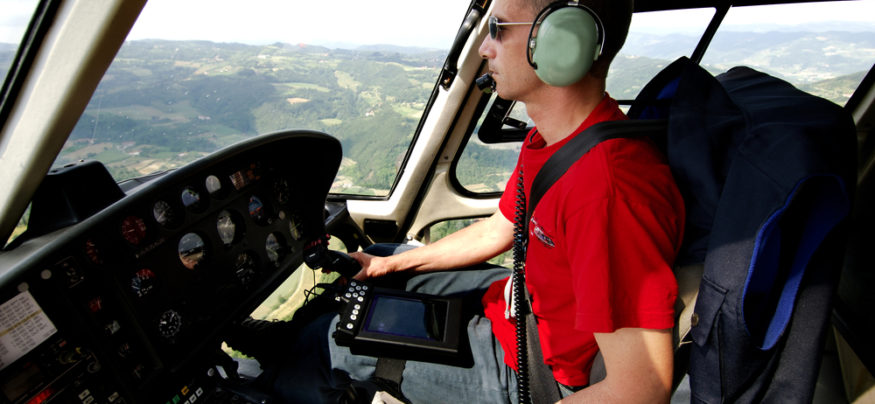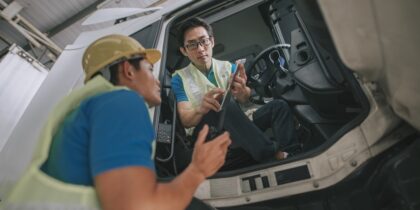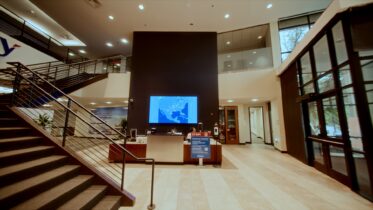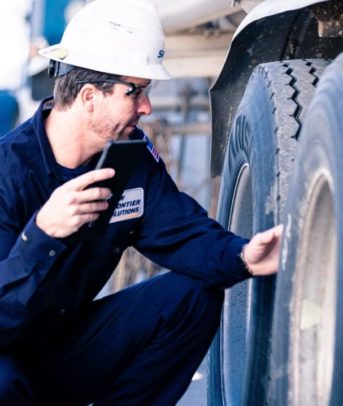From paper logbooks to airline mobile technology, aviation training has undergone a significant transformation over the years. With the help of computers, flight training devices and simulators, pilots spend months learning the fundamentals of flight before setting foot on an aircraft. As a result, commercial flight has developed into one of the safest and most efficient modes of transportation. But even with these improved training methods, the evolution of airline training is not nearly complete. The rise of mobility solutions provides an opportunity for training to take an even bigger step forward.
Traditional Training in Nontraditional Spaces
Mobility solutions for airlines should be used to augment, not replace, proven training techniques. These solutions should enhance current procedures and help to develop new curriculum. Mobile access to training profiles, company manuals, aircraft systems manuals and electronic charts makes these tools easily accessible to employees and trainees. By allowing staff members to review training materials at their own pace, they will better comprehend the material and perform better on evaluations. In addition, if employees can access lessons, take tests and complete training from their mobile devices, they will always have access to the best training materials possible, even if they’re abroad.
Mobile devices also provide new ways for pilots and instructors to interact with one another. For example, pilots can share notes and create flash cards using applications on their tablets, and instructors can create websites or host video chats to cover specific reviews every week.
A pilot’s education does not end after the initial coursework is completed. Therefore, airline mobile technology must extend beyond the early learning stages and make continuing education convenient.
Streamlining Complex Training Requirements
Airlines operate in a world of amazing complexity. One of the biggest challenges is ensuring that flight crews remain up-to-date on their training requirements. It’s mandatory for crews to complete yearly ground school classes, pass semiannual simulator checks, finish quarterly computer-based training courses and pass frequent line-oriented flight training (LOFT) evaluations. Keeping all of this straight is a tall task, so airlines are turning to mobile solutions to help get the job done.
Comply365 has partnered with Samsung to create tools that track employee compliance and make training resources readily available. These programs also help ensure that evaluators are assigned to each training event and that electronic paperwork is properly completed and distributed. Because many of these evaluations take place in an aircraft or simulator, mobility and offline functionality are critical to successful completion. In the past, lost or late paperwork has disqualified many employees and led to significant fines. Now, mobile technology can decrease logistical challenges while increasing training options, and it can ensure that no requirement is left unchecked.
Looking Toward the Future
The future of airline mobile technology is in low-cost, high-tech training tools that can be used anywhere. Imagine a future where new pilots train with virtual reality headsets while following the guidance of a virtual instructor, or where mechanics envision the connection of aircraft system components from home. Mobility solutions can bring this future to life.
It’s true that learning comes from experience and understanding. However, to keep employees safe and compliant with regulations, airlines should continue to look toward mobility when enhancing their training techniques.








